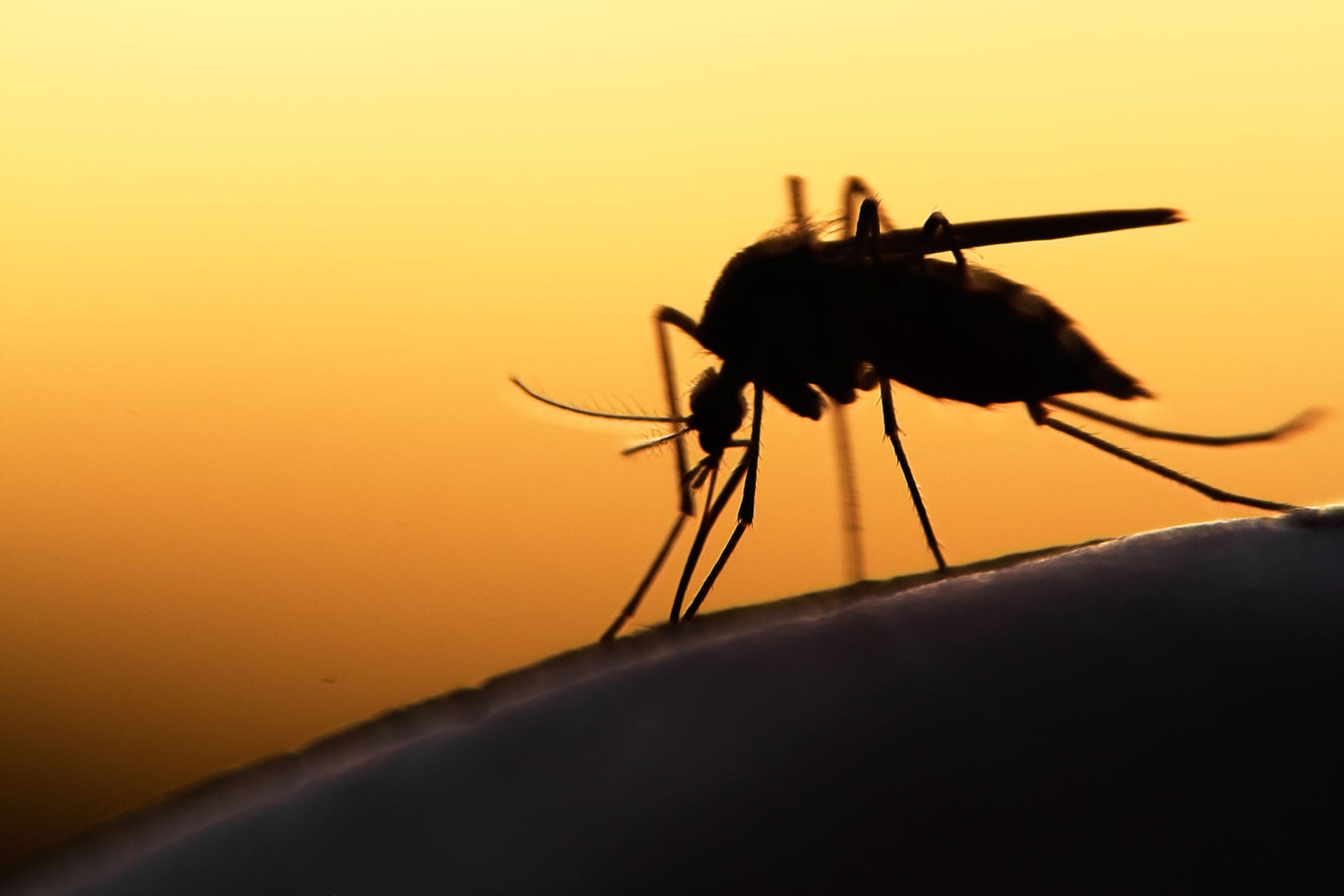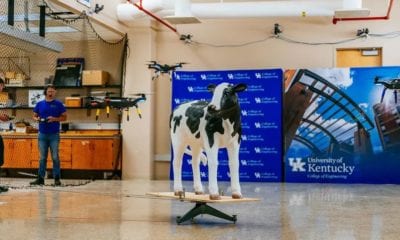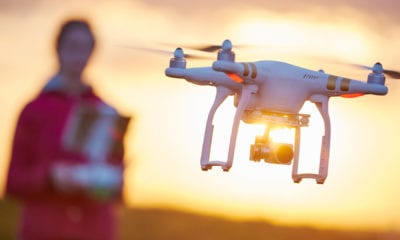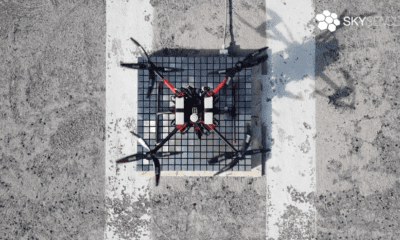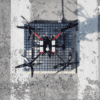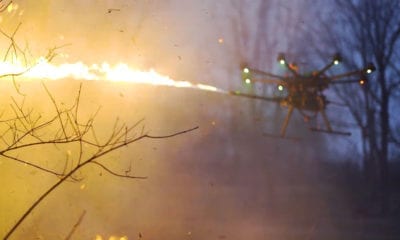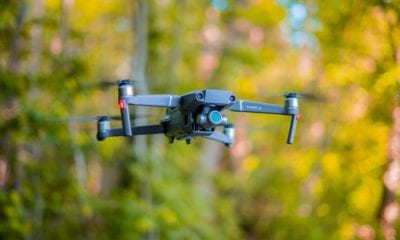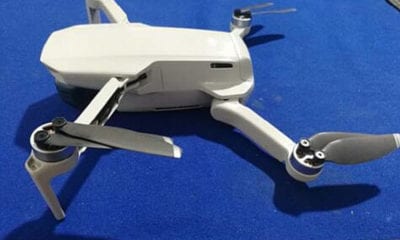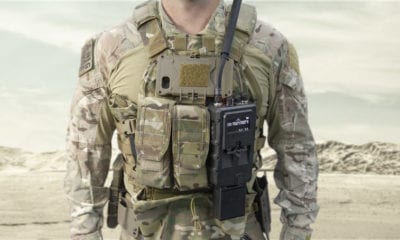Drones Enter the Battle Against Dengue Fever
A report from the World Health Organization (WHO) states that the ability of mosquitoes to carry and spread disease to humans causes millions of deaths every year making these insects the deadliest species in the world. Mosquitoes reportedly infect about 700 million people with diseases such as malaria, dengue fever, West Nile virus, and Zika every year.
WHO stresses that the elimination of mosquito breeding sites is the most effective intervention for protecting populations.
Why not just spray areas known to carry such risks? As for mosquitoes, “one of the biggest animal killers worldwide,” says WeRobotics co-founder Adam Klaptocz, methods to control their populations such as fumigation and insecticide have downsides. Evan Ackerman in of IEEE Spectrum Ackerman said that several government agencies and nonprofit organizations in developing countries have been spraying large areas with insecticides for decades, but the process “is expensive, especially as mosquitoes develop resistance to commonly used chemicals.”
Drones to fight mosquito populations with special release technique
The solution is drones that will carry hundreds of thousands of mosquitoes, reports the BBC. “Sterile male mosquitoes cannot produce offspring when they mate with females. By crowding out other males, they reduce the mosquito population,” Chris Foxx, BBC technology reporter revealed.
WeRobotics have a drone plan to drop sterilized male mosquitoes, in an experiment focused on bringing down the mosquito population. “The drones are still in development,” said Foxx, but the company hoped to trial its technology with a focus on areas at risk from Zika virus first. WeRobotics will conduct the first experiments for USAID with sterilized male mosquitoes in late 2017 or early 2018, somewhere in South or Central America Ackerman added.
There are several challenges said IEEE Spectrum, firstly keeping a million mosquitoes alive on board a drone, then ensuring that mosquitoes packed in thousands into a payload don’t damage their thin legs and wings. Malek Murison said, “To achieve that, the mosquitoes are kept inside pre-cooled container between 4 °C and 8 °C.” Foxx, BBC, said the next challenge, is letting the insects out over a wide area “without waking the whole lot up at once through was a rotating platform with holes through which mosquitoes fall and land in a holding chamber. There they wake up, and fly out.”
“Our next step is running controlled tests, where we mark the insects, release them, and recapture them in traps to measure whether they’re healthy or not,” said Klaptocz in IEEE Spectrum.
Kolkata uses drones to survey potential dengue breeding grounds
The world is going high-tech in its bid to curb a dengue outbreak in the city of Kolkata, India. The Kolkata Municipal Corporation (KMC) has now turned to drones and is planning to use them to identify breeding grounds of Aedes aegypti mosquitoes. According to KMC officials the focus of “drone surveillance” will be mainly rooftops of multi-storey buildings including those under construction as well as bridges and flyovers to identify such breeding grounds of mosquitoes. Appropriate action will then be taken said Atin Ghosh, the Mayor in Council (Health) of KMC.

